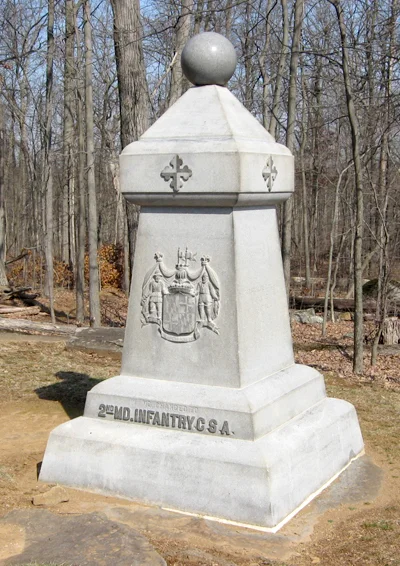Debating Confederate Monuments at the Federal Level
/The conversation over Civil War memory and Confederate monuments is rapidly evolving this year. While many states and communities are making decisions about local Confederate monuments, there has been a lot of discussion recently about proposed legislation now being considered in Congress. H.R. 7608 “State, Foreign Operations, Agriculture, Rural Development, Interior, Environment, Military Construction, and Veterans Affairs Appropriations Act, 2021” contains three sections which deal with Confederate flags, Confederate Monuments, and Confederate names.
Read More





